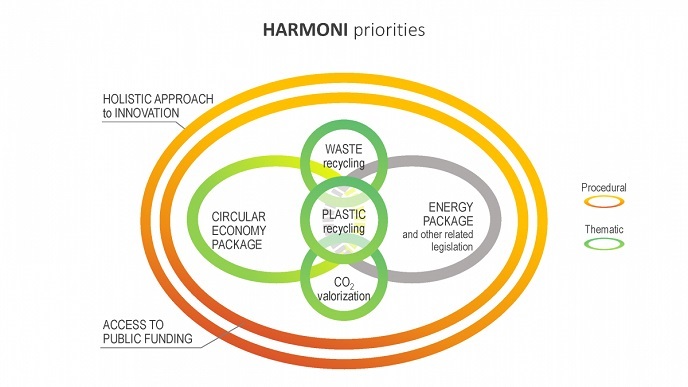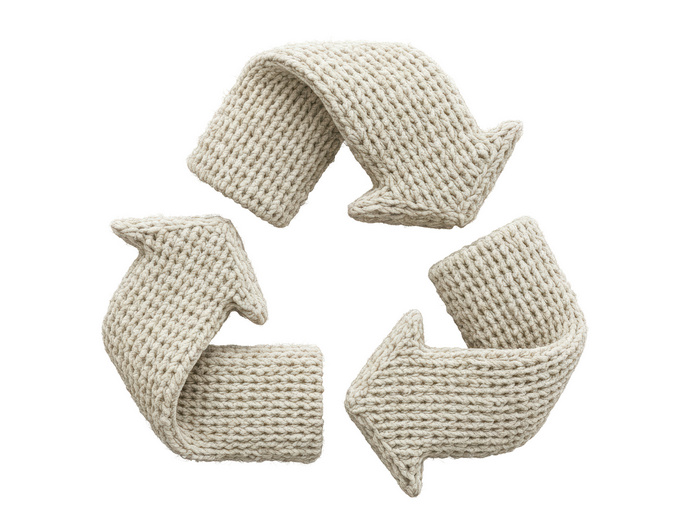Recommendations for more adapted regulation and standardisation opportunities to meet the process industries’ needs
The transformation of raw materials into intermediate and end-user products is at the core of most industrial chains. And since innovation is the engine of growth in the process industry, it is important to continuously invest. This requires a high-quality, coherent, stable, cost-effective and predictable regulatory framework. This is particularly relevant for the process industry, where the development of innovative processes and products is connected with high investments, long payback times and several years of innovation development. The EU-funded HARMONI(opens in new window) project worked with relevant stakeholders to identify, analyse and propose solutions to the regulatory bottlenecks and standardisation needs.
Finding harmonious solutions
Partners developed ways to ensure the transferability of technical solutions amongst and beyond the Sustainable Process Industry through Resource and Energy Efficiency (SPIRE)(opens in new window) sectors. According to project coordinator Ignacio Martín, who is also the head of Energy and Environment Policies at CIRCE Foundation (Centre of Research for Energy Resources and Consumption), HARMONI proposed solutions to barriers and missed opportunities. Martín notes that one of the main elements to adapt and shape regulation to the industrial reality is dialogue between policymakers and the industry. “It is mandatory to set up the playground and share in an open-minded approach the exchange of points of view. The fluid exchange of inputs is highly encouraged to foster modifications and adaptations to be better and for quicker implementation either at EU or national level.” HARMONI has built upon a close link with many policymakers along the whole project. The presentations and exchange of ideas have been constant and sustained in time. The workshops which took place in the HARMONI project were always open to policymakers from different European Commission bodies.
Investments are important
Drawing from the input of a wide variety of stakeholders, the project showed how investments can benefit from a clear path shown by actors involved in public financing (EU, Member States and the European Investment Bank). Of course, the role of the private investment community is also essential but hinges on clear indications of what constitutes a sustainable investment and what type of funding can be further enhanced in Europe. According to Martín, the constant message throughout the HARMONI project has been that the elimination of non-technological barriers requires a close cooperation between regulators, at both EU and national level, standardisation bodies and industry. “All this will enable building of a more transparent and stable regulatory framework. Likewise, technological trends in resource-intensive sectors have been analysed, information that allows assessing the state of the most projected technologies, their applications and in which different sectors they would have a place,” explains Martín.
Engaging and exchanging
To disseminate its findings and recommendations, HARMONI published a brochure(opens in new window) presenting potential solutions and real industrial cases for each of the topics. More than 150 experts were engaged in the exchange of ideas, coming from all sectors of the process industry and the European Commission, as well as European standardisation bodies and other SPIRE projects. This HARMONI Summit(opens in new window) in Brussels in February 2019 was hailed a success. “Many European Commission representatives participated in the HARMONI Summit, and the dialogue channels with them have been active ever since,” says Martín. The project’s social media channels and website have also been humming with continuous updates and new information about the project. The final deliverables(opens in new window) are presented on the website.







